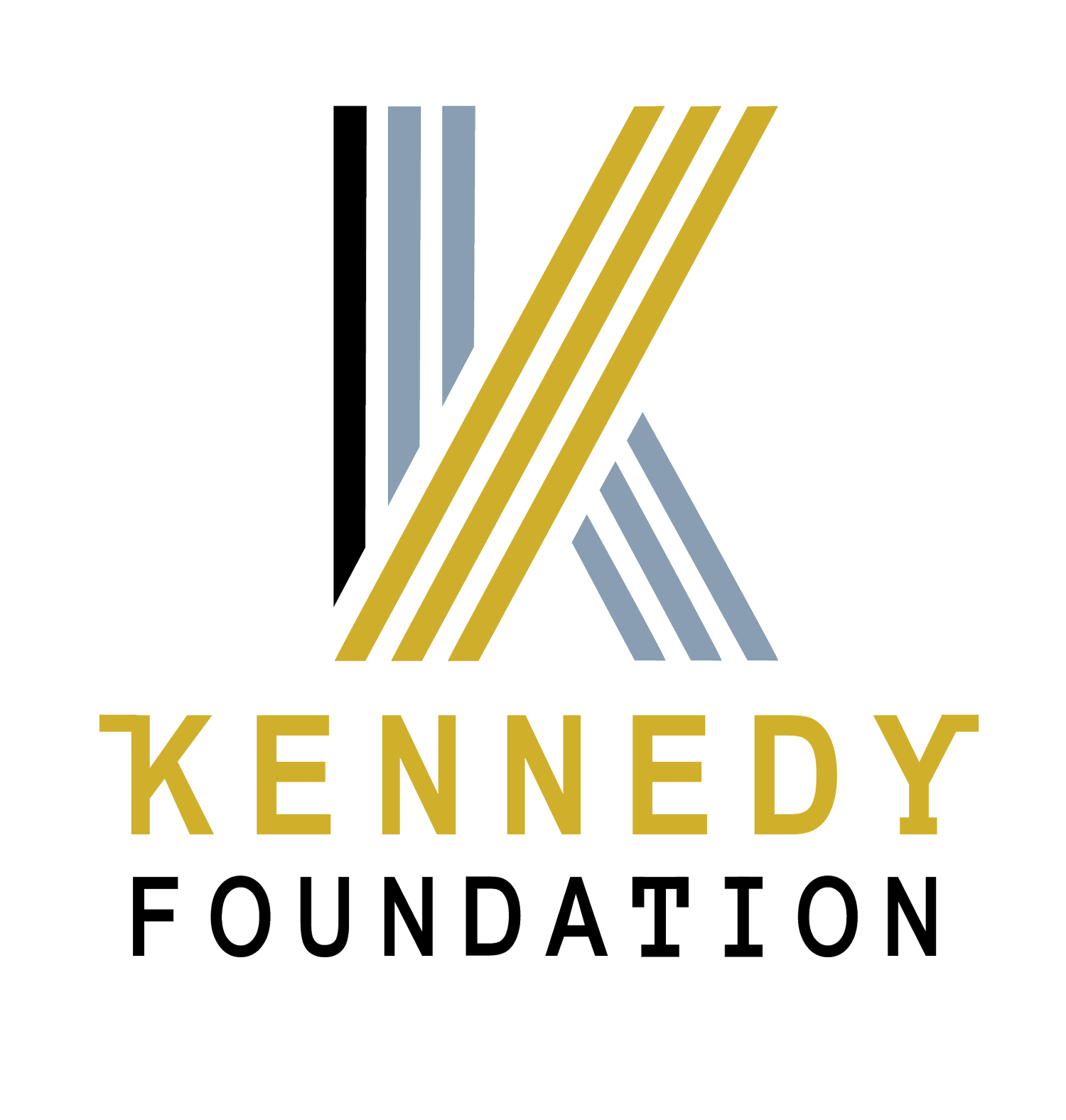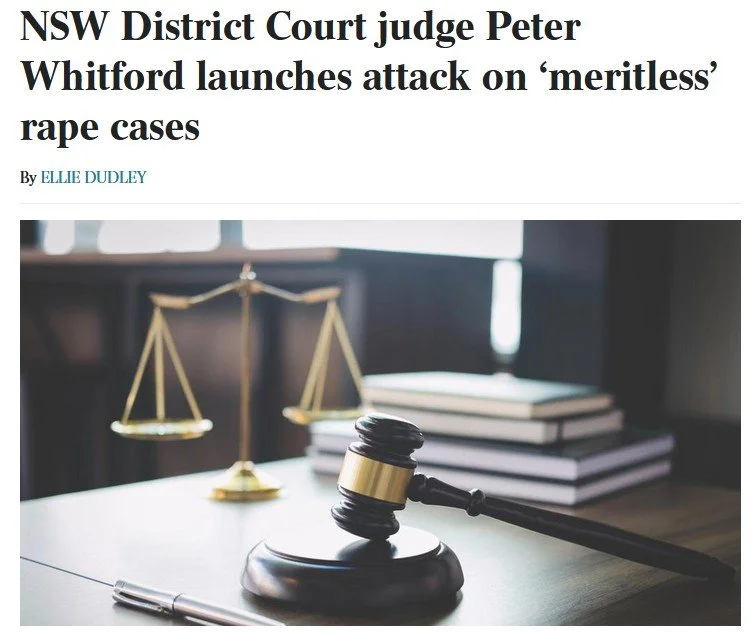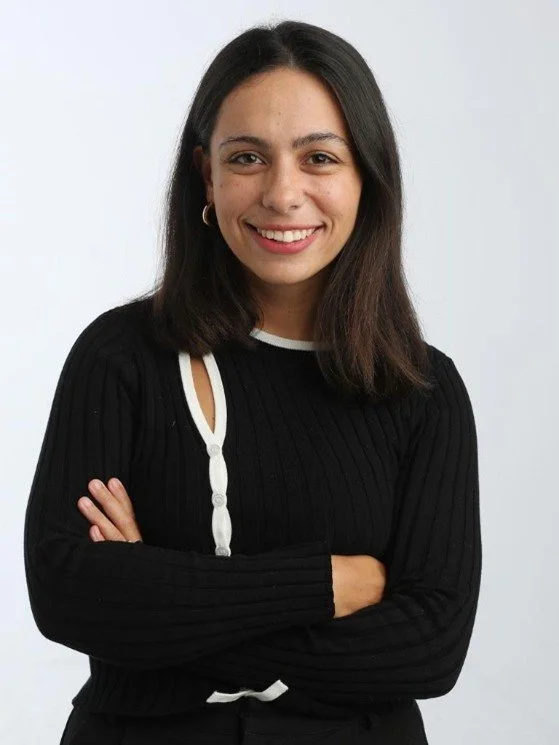Ellie Dudley
2024 Kennedy Awards Young Journalist of the Year Winner
One of the many highlights of the Kennedy Awards is when we reveal the best of our young journalists.
Last year Ellie Dudley of The Australian, won the Best Young Journalist of the Year Award for her coverage of the NSW DPP and the way justice was being administered particularly in relation to sexual assault cases.
It was so well deserved and when I had the privilege of talking to her about all that and the craft of journalism, I also discovered a person of fierce intelligence, with a real passion for the craft, a terrific understanding of her role as a journalist and a huge optimism about the future. This, without a doubt is a person we’ll hear a lot more about in the future
Was it a surprise for you when you won?
Ellie: “Oh yes, are you kidding! It was my first journalism award so I didn’t really back myself to win. It was a surprise as there are hundreds if not thousands of incredibly talented young journalists across the country so for me to win that was a huge surprise.”
Has it changed your career?
Ellie: “I think so. It’s changed things for me personally in terms of an ability to back myself. I think with journalism a lot of it comes down to confidence and your willingness to throw yourself behind a story, to put yourself forward that you can take on a big yarn and so itsit’s changed in that sense and because the Kennedys are such esteemed and prestigious awards, I’m sure that’s changed how people perceive me and my presence in the newsroom and I think winning that award has given me that confidence and others a greater confidence in me.”
Has winning changed your perception of your role as a journalist?
Ellie: “Over the past year or so I’ve come to realise the weight of the job, it’s a huge job and I think we take that for granted. You learn something, you write something, you throw it out into the world and then move onto the next thing but the stories that we write have, potentially, a huge impact on people, the day to day lives of people and can really change somebody’s day, laws, the way our society functions, the way our society progresses.”
“Taking on the gravity of my own journalism and to be rewarded in that way with an award from the Kennedy Foundation indicated to me the importance of the stories that I have been writing and it was an even greater pointer to that fact that this is not a job to be taken for granted and the stories that we write mean something.”
Given that your current beat is legal affairs what sort of stories are you most interested in?
Ellie: “Those that make a huge impact to the justice system and the way the justice system is administered in the country so whether that’s in the Northern Territory – so I have hunted stories up there about the huge failings of the North Australian Justice Agency (NARJA) the biggest aboriginal legal service in the country that just exploded internally to a point where aboriginal people in small courts across the Territory were forced to self-represent and the impact that had on the way justice was administered in the country. Everybody should have fair legal representation but that wasn’t happening for some of the most marginalised people in the country. Obviously, the stories that I wrote for my entry in the Kennedys that won me this award were to do with the NSW DPP and the way justice was being administered particularly in relation to sexual assault cases. So those are the stories that most interest me when it comes to exclusive yarns that really shine a light on the way justice is administered in this country.”
Regardless, is breaking a story first still very important?
Ellie: “Oh yes of course it is! It is for the impact, it is for the momentum, it is for the stakeholders to have faith in you that this is your story and they are going to come to you with leads and more information to help you kick the can down the road and then of course it’s also important for your KPI’s, you want people to be reading your story not someone else’s story who ripped it off down the track or when the market is flooded with everyone writing the same story, so it’s always important to be the first one in.”
What do you say to people who complain that journalists never tell positive stories only the negative?
Ellie: “I wouldn’t call it negativity I’d call it scrutiny and scrutiny is one of the most important parts of being a journalist.
Our job is to hold power to account and to shine a spotlight on things when a spotlight needs to be shone, that’s the job.”
What’s more important? Awards or the story?
Ellie: “The story! Awards are fantastic don’t get me wrong and I am so grateful for the award that the Kennedy Foundation gave me and I’m grateful for the impact that it’s had on my life but when you get a message or an email from someone who has been deeply impacted by a story that you have written it’s a reminder of why we do the job.”
Covering a story these days means an immense amount of work for journalists like Ellie –to be accurate, be first, be at the place to go to for coverage, get the colour, the exclusives, live blogs, write it, video it, edit it… the list goes on…
Ellie: “It’s fun, it’s just a new era. We’ve got social media which is such a huge place where people get their news, you can’t ignore it. You are not just thinking of the newspaper the next day you’re thinking about getting the story up online, breaking it and then you’re thinking about all the assets that need to go with it. Do you need digital graphics to explain who people are, or a timeline? Alright, if we are going to put this up on social media how are we going to tell that? Is it more impactful to do a piece to camera and spreading the story that way ? if your standing in front of something incredible and watching it happen you pull out your phone and take a video of it because people are going to want to see that video.”




